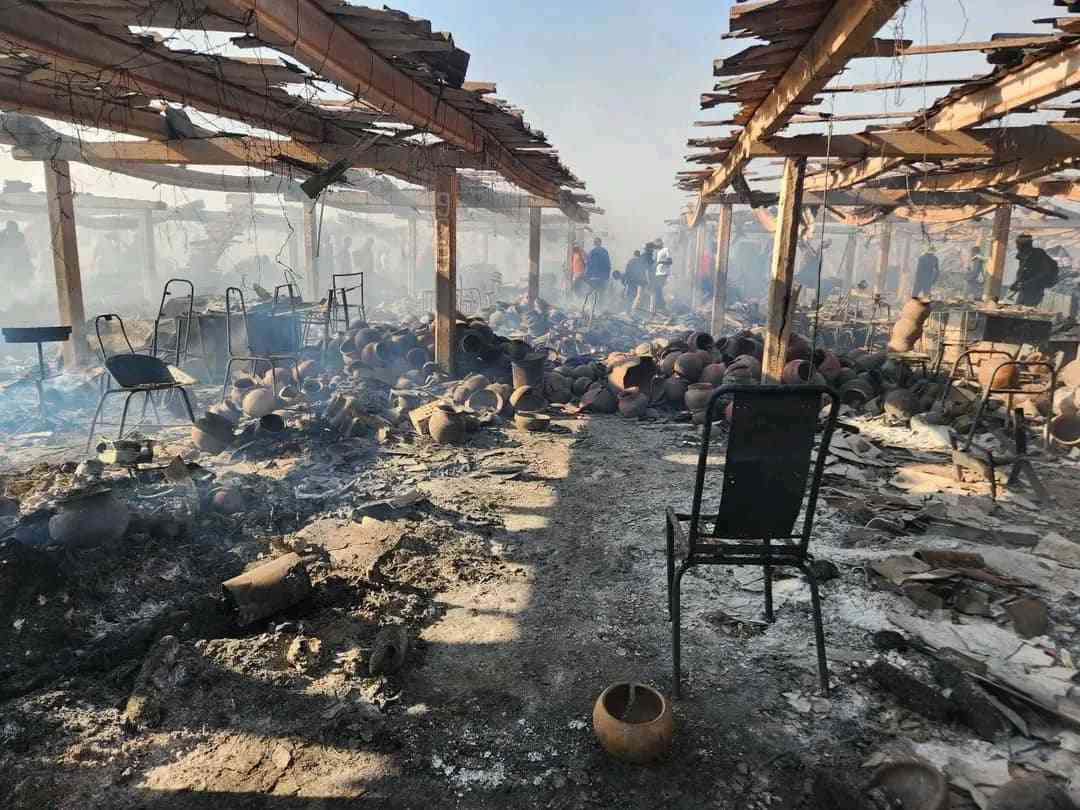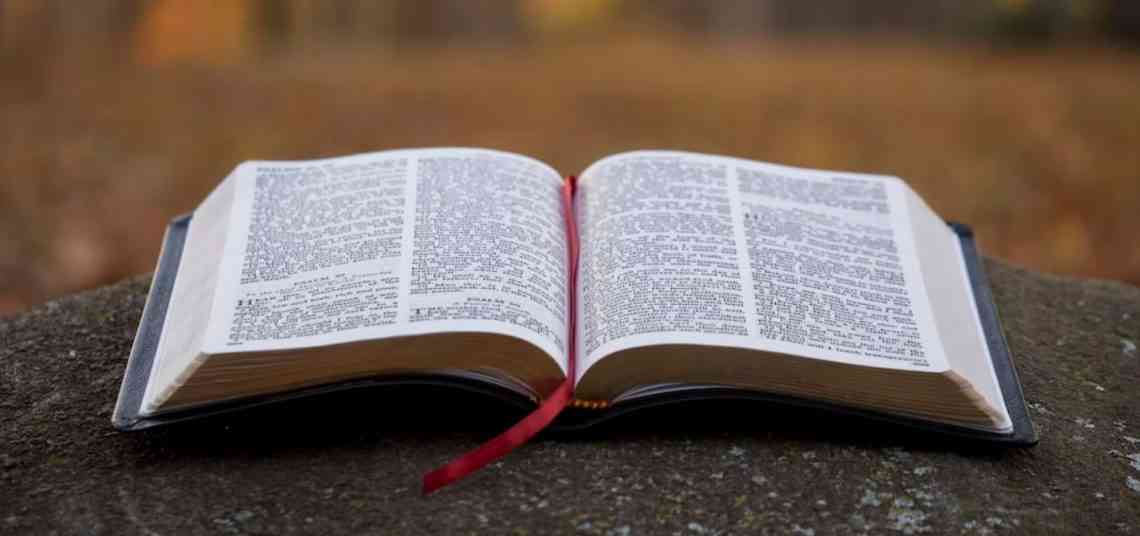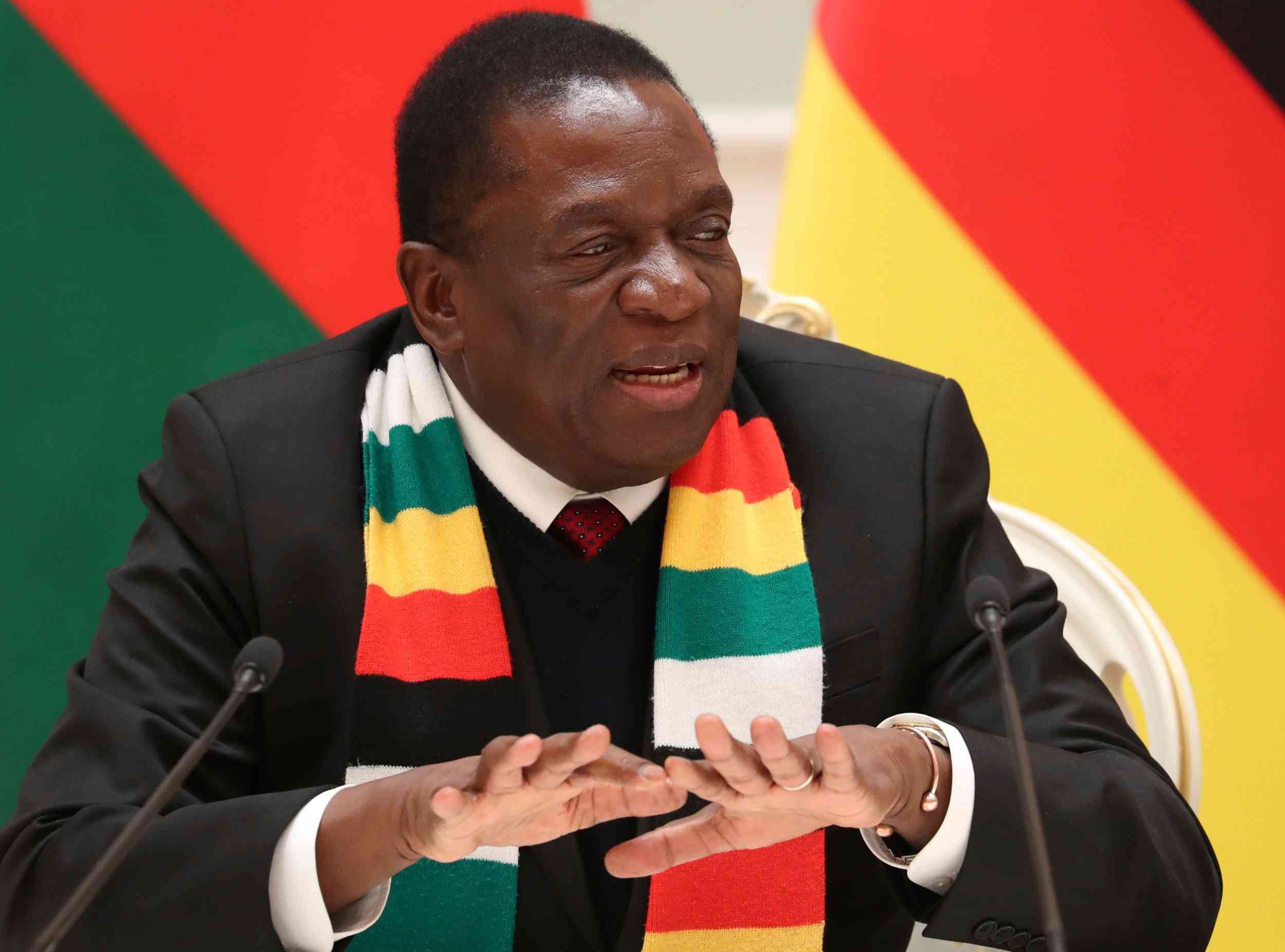
Journalists should not express their political leaning in their stories and neither should they belong to any political party as this compromises objective reporting.
Report by Ropafadzo Mapimhidze
This is something journalists were taught at journalism school. It is, however, disturbing to notice how journalists have become political activists who see journalism as combat by other means and twist stories to suit their political affiliations.
About a year ago, I was rebuked by some woman ex-combatant who shouted at me during the burial of the late Solomon Mujuru describing me as a sellout.
“Iwe waakushandira bepa re MDC-T . . . wakatengesa (You are now working for an MDC newspaper . . . you betrayed us),” blurted this woman.
This statement offended me so much because I was sitting among dignitaries who had come to pay their last respects to Mujuru at Heroes’ Acre in August last year.
It, however, gave me an insight into operations of some journalists who have become mouthpieces of political parties.
Such journalists should leave the newsrooms and become full-time politicians as Kindness Paradza, a former secretary- general of the Zimbabwe Union of Journalists, did. He became a Member of Parliament representing Makonde East in Mashonaland Central.
- Chamisa under fire over US$120K donation
- Mavhunga puts DeMbare into Chibuku quarterfinals
- Pension funds bet on Cabora Bassa oilfields
- Councils defy govt fire tender directive
Keep Reading
Another journalist who now runs a successful security company, Victor Chitongo, left the newsroom to pursue his political career. I have respect for these journalists for they realised that remaining in the newsrooms would compromise their objective reporting.
This link to political parties has resulted in polarisation of the media where we are viewed as either Zanu PF or opposition party sympathisers.
During the 2008 election period, I heard a very senior journalist saying his party would win.
“Isu tichahwina chete (We shall win the polls.” I asked him why he was talking like a politician and he clearly displayed his affiliation to this particular political party.
That statement disturbed me. This made me go back in history when I was an information officer based in Mutare where I was forced to utter political slogans when introducing myself at meetings. There was a very thin line dividing the ruling party and government. The government was the party and hence anyone who was a civil servant was automatically associated with that party. I tried very much to make a difference, but that did not work out.
We were trained to be as apolitical as possible, but it was a mammoth task as I was referred to as comrade, a title I felt was demeaning.
As an information officer, I was told to toe the party line. But I was a government officer who should have accorded every citizen the right to a voice in the media. But that was not the case. I once wrote about skirmishes in Mabvuku in 1985 which had been instigated by the ruling party. That story landed my editor in trouble.
“Ropafadzo, what are you trying to prove by blaming that violence on our party?” a high-ranking politician asked.
I decided thereafter not to write about political matters for I did not want to get threatening calls.
My journalism training told me that journalists should be as objective as possible in their stories, but it is unfortunate that we have fallen into the hands of politicians.
I attended a workshop last year in South Africa on conflict sensitive reporting which was only targeted at Zimbabwean journalists.
Demonising words like barbaric, brutal, cruel, extremist, fanatic incited violence. We actually incite violence in our writing and yet we are supposed to act as mediators. Using these words or terms places the journalist in a camp and shows bias. We went through the various stories that had been published in our local newspapers.
The stories varied very much on political lines and it was difficult to tell whether these stories were reflective of what was happening in Zimbabwe.
Many journalists try to impress their readers or listeners by using clever and provocative statements which unfortunately are immensely divisive.
This is because journalists have become part of campaign strategies by political parties.
It is not surprising that some journalists have been placed on sanctions because such reporting creates instability and civil strife.
I have no doubt that some journalists will one day go down in history as having plunged Zimbabwe into what it is today. The Rwanda massacres were also fuelled by media reports by journalists who were either Hutu or Tutsi.
It is necessary to have an in-depth understanding of political issues so that we also help politicians to deal with their emotions. Objective reporting is sacrosanct.











